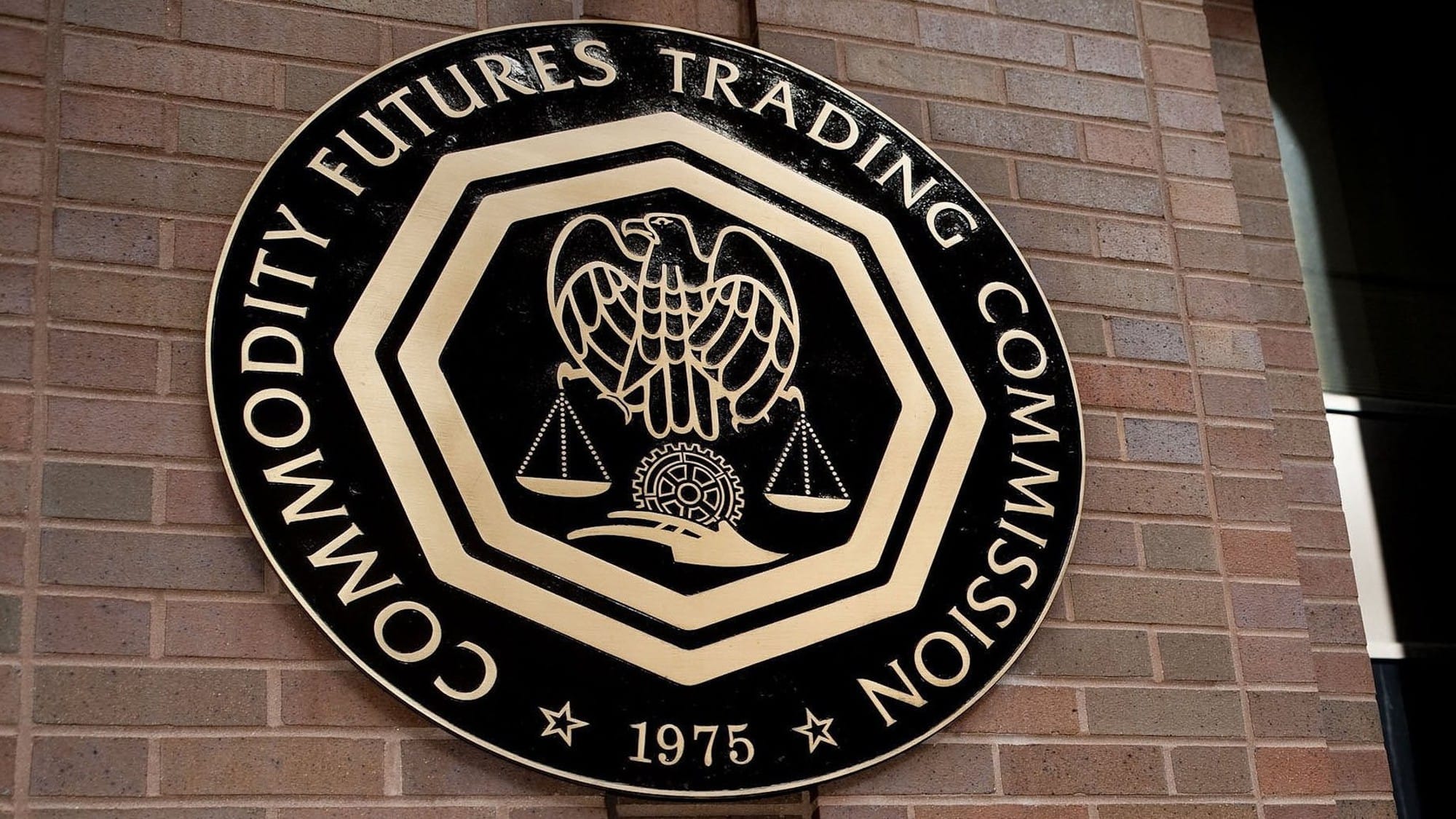CFTC Signals Potential Legal Path for Crypto Perpetual Futures in US

A recent statement from Commodity Futures Trading Commission (CFTC) Commissioner Summer Mersinger has sparked optimism in the cryptocurrency industry, hinting at a possible legal framework for trading perpetual futures contracts in the United States. This development could mark a turning point for a financial product that has thrived in offshore markets but remains in a regulatory gray area domestically. As demand for crypto derivatives grows among U.S. traders, Mersinger’s remarks suggest regulators may be warming to the idea of integrating these instruments into the existing financial system. If realized, this shift could enhance market transparency, foster innovation, and bring significant trading activity onshore.
Perpetual futures, a staple of global crypto markets, allow traders to speculate on asset prices without an expiration date, making them a popular tool for high-leverage trading. However, their absence from U.S.-regulated platforms has left American traders at a disadvantage, often pushing them toward unregulated offshore exchanges. Mersinger’s comments indicate that the CFTC is exploring ways to address this gap, potentially reshaping the landscape of crypto derivatives trading.
Stay In The Loop and Never Miss Important Crypto News
Sign up and be the first to know when we publishA New Regulatory Horizon
Commissioner Mersinger’s remarks, delivered at a recent industry event, reflect a pragmatic approach to regulating crypto derivatives. She suggested that perpetual futures could fit within the CFTC’s authority under the Commodity Exchange Act, provided crypto exchanges implement robust risk management and compliance measures. This acknowledgment is significant, as it opens the door to legalizing a product that has been largely inaccessible to U.S. traders due to regulatory uncertainty. By recognizing the strong market demand for these instruments, Mersinger signaled that the CFTC is listening to industry needs and considering practical solutions.
The potential legalization of perpetual futures could have far-reaching effects on the U.S. crypto market. For one, it would level the playing field, allowing American traders to access the same tools available to their global counterparts. Currently, platforms like Binance and Bybit dominate the perpetual futures market, operating beyond the reach of U.S. regulators. Bringing these contracts to regulated U.S. exchanges could redirect trading volume onshore, improving oversight and reducing reliance on offshore platforms.
Another key benefit would be enhanced market integrity. Regulated perpetual futures would be subject to strict standards, including anti-manipulation measures, margin requirements, and transparent reporting. This could mitigate systemic risks associated with high-leverage trading and build greater trust in crypto markets. Additionally, legalizing these contracts could spur innovation among U.S. exchanges, with platforms like CME Group or Cboe potentially expanding their crypto offerings to compete with global leaders.
Despite the optimism, significant challenges remain. Perpetual futures are inherently risky due to their high leverage and volatility, raising concerns about investor protection. Regulators will likely prioritize safeguards, such as mandatory risk disclosures and position limits, to shield retail investors from potential losses. Coordination between the CFTC and the Securities and Exchange Commission (SEC) will also be critical, given their overlapping jurisdictions in the crypto space. Navigating these hurdles will require careful collaboration between regulators and industry stakeholders.
Mersinger’s comments do not guarantee immediate change, but they represent a notable shift in regulatory tone. The suggestion that perpetual futures could be accommodated without new legislation is a promising sign for the crypto industry. It points to a future where regulators and market participants work together to modernize financial systems, rather than clashing over innovation. As the CFTC engages with stakeholders and gathers feedback, the coming months will be pivotal in determining the fate of crypto derivatives in the U.S.

